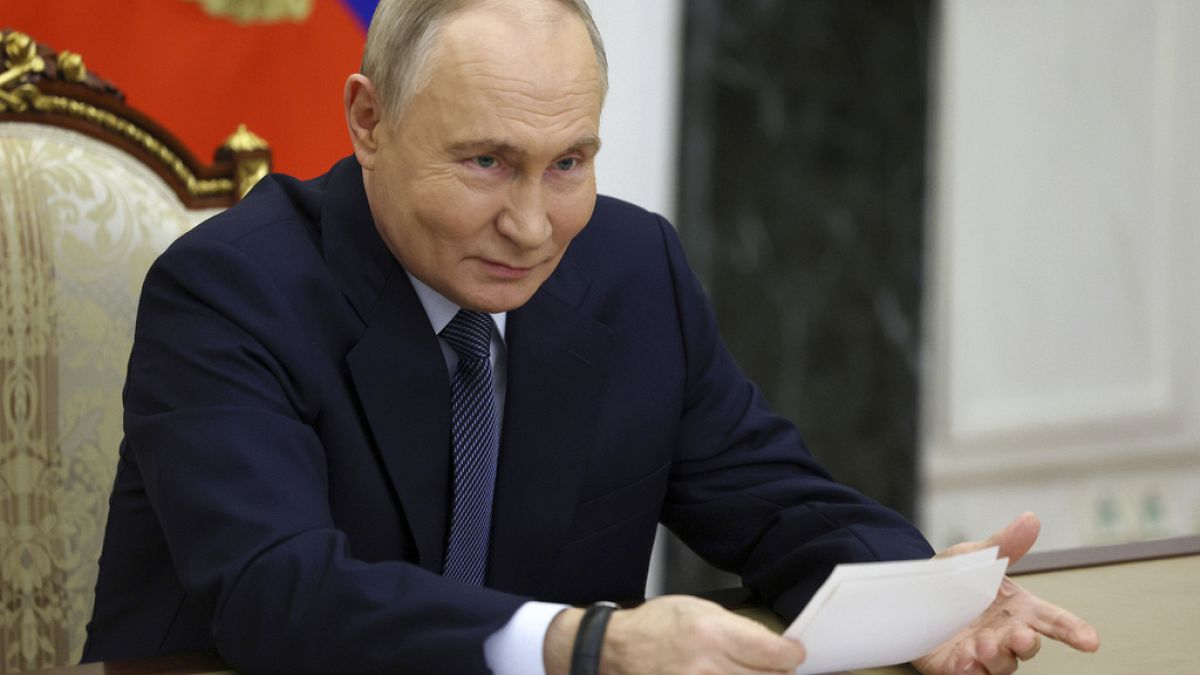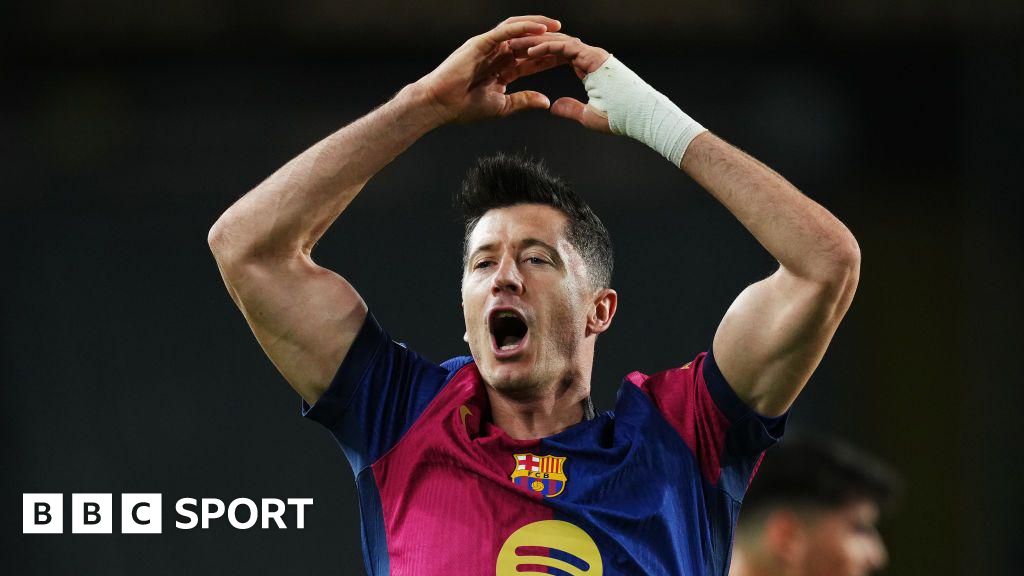World
NATO and Ukraine to hold emergency talks after Russia missile attack

NATO and Ukraine are set to hold emergency talks after Russia attacked a military facility in the central Ukrainian city of Dnipro using an experimental, hypersonic ballistic missile.
NATO and Ukraine are to hold emergency talks on Tuesday next week, after an attack with intermediate-range Oreshnik missile hit a military facility in central Ukraine. The event was an escalation of the war, which Poland’s Prime Minister Donald Tusk has said is “entering a decisive phase” and “taking on very dramatic dimensions” as it nears 33 months in duration.
Russian President Vladimir Putin said in a televised address on Friday that the missile attack was in response to Ukraine using longer-range missiles capable of striking further into Russian territory, which had been provided by the US and Britain.
Putin also claimed that “No one in the world has such weapons”, and that Western air defence systems would be unable to stop the new missile. He added that testing of the missile would continue, “including in combat, depending on the situation and the character of security threats created for Russia, and that there is “a stockpile of such systems ready for use.”
The Ukrainian parliament cancelled a session as a security measure after the attack was carried out on Thursday. Military officials in the country said the missile that hit Dnipro had reached a speed of Mach 11 and carried six non-nuclear warheads, with each releasing six submunitions.
‘Serious response’ needed
In his nightly address on Friday, Ukraine President Volodymyr Zelenskyy called on world leaders to act with urgency to avoid escalation, after Putin announced he would use more of the intermediate-range ballistic missiles in combat. He said “the world must sound serious in response – to make Putin really afraid of expanding the war and feel the real consequences of his actions.
“There is no other way in war,” said Zelenskyy. “We must be aware that ‘comrade’ Putin will keep trying to intimidate us. That is how he built all his power.”
Zelenskyy also said Ukraine was already working to develop new types of air systems to counter the risk posed by Russia’s deployment of the missile that will be “capable of protecting lives from new risks.”
Meanwhile, Ukrainian media have reported that 60,000 Russian troops are currently active in Kursk in an attempt to push the Ukrainian military our of the territory.
An attempt to ‘scare the population’ of Ukraine and Europe
In a news conference in Kyiv with his Ukrainian counterpart, Czech Foreign Minister Jan Lipavský called Thursday’s missile strike an “escalatory step and an attempt of the Russian dictator to scare the population of Ukraine and to scare the population of Europe.” Lipavský also expressed his support for delivering the necessary air defence systems needed to protect Ukranian civilians from Russia’s “heinous attacks”, and emphasised that the Czech Republic will not impose limits on the use of its weapons and equipment given to Ukraine.
Conversely, Hungarian Prime Minister Viktor Orbán suggested the use of weapons supplied by the US likely occured with direct American involvement. Speaking on state radio, he said “there is a strong assumption … that these missiles cannot be guided without the assistance of American personnel.”
Orbán, who is widely seen as having the closest relations with Russa in the EU, also warned against underestimating Russia’s responses, pointing to recent changes to the country’s nuclear deployment doctrine as something that should not be dismissed as a “bluff”.









